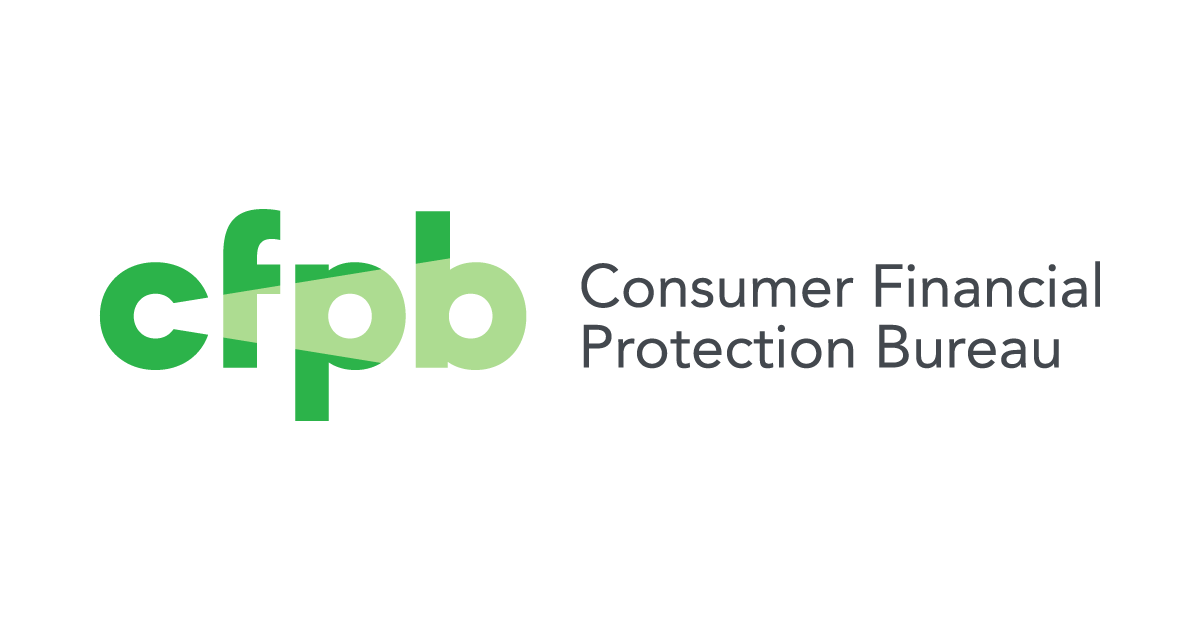WASHINGTON, D.C. – Today, the Consumer Financial Protection Bureau (CFPB) released a new Supervisory Highlights report on legal violations identified during the CFPB’s supervisory examinations in the first half of 2022. The report details key findings across consumer financial products and services, including how consumer reporting companies and data furnishers continued to violate the Fair Credit Reporting Act (FCRA) by failing to promptly address and update incorrect information on credit reports. Today’s report also highlights instances where mortgage servicers charged impermissible fees when homeowners went to make their mortgage payments.
“The CFPB’s supervision efforts limit the spread of potentially unlawful practices and consumer harm,” said CFPB Director Rohit Chopra. “The CFPB’s examination program continues to identify problematic practices and stop them before they spread.”
Inaccurate information in credit reporting
CFPB examiners found that one or more of the nationwide consumer reporting companies failed to report to the CFPB the outcome of their reviews of complaints about inaccuracies on consumers’ credit reports. In response to these findings, the consumer reporting companies changed their policies, procedures, and practices to be more transparent in handling such complaints. Additionally, CFPB examiners found violations of the accuracy obligations of the FCRA by furnishers, including finding that auto loan furnishers were reporting inaccurate information about consumer loans despite knowing that the information was inaccurate. In response to these findings, furnishers corrected the inaccurate information for affected consumers and made it easier for consumers to submit disputes directly to the furnishers.
The CFPB has recently brought an enforcement action pertaining to inaccurate credit reporting and has highlighted the pervasive issue of inaccurate information on credit reports. Inaccurate medical debt information has plagued this space, and consumers have often been coerced to make payments on debts they do not actually owe.
Illegal “pay-to-pay” fees in mortgage servicing
CFPB examiners found that mortgage servicers violated federal law by charging sizable phone payment fees – even though consumers were not made aware of these pay-by-phone penalties. During calls with borrowers, customer service representatives did not disclose the existence or cost of fees for paying over the phone, yet the borrowers were charged fees anyway. Following these findings, the CFPB required the servicers to reimburse all borrowers who paid phone payment fees when those fees were not properly disclosed.
The CFPB has been focusing on the practice of charging “pay-to-pay” junk fees. Earlier this year, a CFPB advisory opinion affirmed that federal consumer financial protection law often prohibits companies considered debt collectors under the Fair Debt Collection Practices Act from charging “convenience fees” to pay down a balance.
Unfair and deceptive practices in auto loans
CFPB examiners identified legal violations related to add-on product charges, loan modifications, double billing, electronic devices that interfere with driving, and debt collection tactics. In a number of examinations, examiners focused on junk fees. For example, examiners reviewed servicers’ handling of add-on product charges where individuals had paid the full amount for certain add-on products as a lump sum at loan origination and made payments on these add-on products throughout the loan term. Examiners identified instances where borrowers paid off their loans early, but servicers engaged in an unfair practice by failing to provide refunds for unearned fees related to the add-on products. The borrowers were entitled to refunds of the related unearned fees because, upon early payoff, the loan and the add-on products terminated and no longer offered any possible benefit.
Mishandling of COVID-19 relief
CFPB examiners conducted assessments to evaluate how financial institutions handled pandemic relief benefits deposited into consumer accounts. They identified policies and procedures that may have resulted in people losing their pandemic relief benefits due to garnishments or setoff practices. In response to these findings, the CFPB directed the institutions to issue refunds and make process changes to ensure they comply with applicable state and territorial protections regarding garnishments and setoff practices.
Certain CFPB examinations also focused on mortgage servicers’ actions as homeowners experienced financial distress related to the COVID-19 pandemic. CFPB examiners identified violations regarding failure to timely provide homeowners with CARES Act forbearances. Examiners also found that servicers unfairly charged some individuals fees, while they were in CARES Act forbearances, as well as failed to maintain policies and procedures reasonably designed to properly evaluate homeowners’ loss mitigation options when CARES Act forbearances expired.
Under the Consumer Financial Protection Act, the CFPB has the authority to supervise large banks, thrifts, and credit unions with assets over $10 billion and their affiliates, as well as certain nonbanks, including mortgage companies, private student lenders, and payday lenders. The CFPB’s supervisory authority also covers consumer reporting, student loan servicing, debt collection, auto finance, international money transfer, and other nonbank entities that pose risks to consumers.
Supervisory examinations review whether companies are complying with federal consumer financial protection law. When CFPB examiners uncover problems, they share their findings with companies to help them remediate the violations. Typically, companies take actions to fix problems identified in examinations. For more serious violations or when companies fail to take corrective actions, the CFPB opens investigations for potential enforcement actions.
Read the Supervisory Highlights report.
Consumers can submit complaints about financial products and services, by visiting the CFPB’s website or by calling (855) 411-CFPB (2372).
Employees who believe their companies have violated federal consumer financial protection laws are encouraged to send information about what they know to whistleblower@cfpb.gov.
The Consumer Financial Protection Bureau (CFPB) is a 21st century agency that helps consumer finance markets work by making rules more effective, by consistently and fairly enforcing those rules, and by empowering consumers to take more control over their economic lives. For more information, visit www.consumerfinance.gov.
Official news published at https://www.consumerfinance.gov/about-us/newsroom/cfpb-supervisory-examinations-find-credit-reporting-failures-surprise-junk-fees/
Images courtesy of PixaBay
The post CFPB Supervisory Examinations Find Credit Reporting Failures, Junk Fees, and Mishandling of COVID-19 Protections first appeared on RSVTV news.
originally published at Finance - RSVTV news

